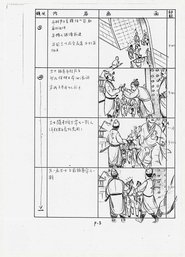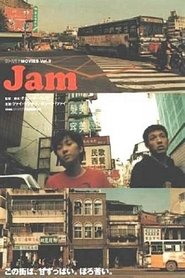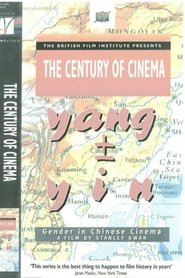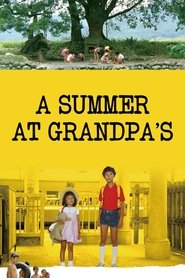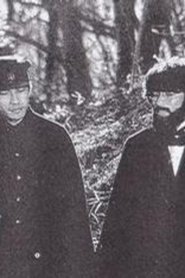
Edward Yang
DirectorActorWriterProducer
06-11-1947
Birthday
Scorpio
Zodiac Sign
-
Genres
9
Total Films
Te-Chang Yang, 楊德昌, 에드워드 양, 양더창
Also known as (male)
Thượng Hải, Trung Quốc
Place of Birth
06-11-1947
Birthday
Scorpio
Zodiac Sign
-
Genres
9
Total Films
Yang Dechang, Te-Chang Yang
Also Known As (male)
Thượng Hải, Trung Quốc
Place of Birth





